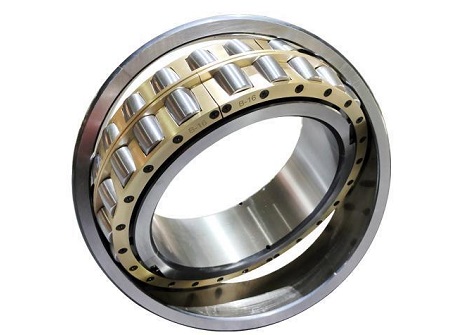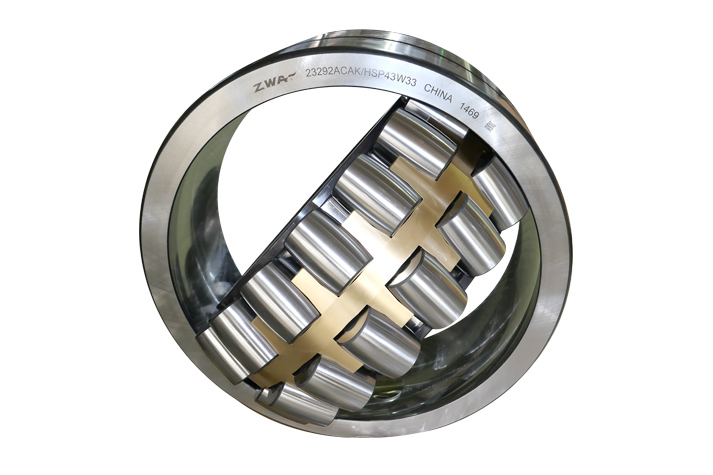
1. Bearing alloy
Bearing alloy, namely babbitt alloy, is widely used. It usually comes in two types: tin-based bearing alloy and lead-based bearing alloy. With smooth surface it is usually used as roller bearing and attached to the steel substrate. Babbitt alloy bearing is adaptable and it can automatically adjust minor misalignment or defective shaft. Bearing alloy absorbs an appropriate amount of dust or outside impurities entering the lubricant and prevents the shaft from being damaged by gluing, which makes it an excellent roller bearing material.
2. Bronze
Bronze bearings are used for shafts and roller bearings with good alignment under low speed and heavy loads. They can be made from a variety of alloy components to obtain different physical properties.
3. Lead copper
The load capacity of lead copper-bearing is better than that of bearing alloy, but its adaptability is poor. Therefore, the lead copper-bearing is used for shaft with good rigidity and alignment.
4. Cast iron
Cast iron bearings are widely used in less demanding occasions. The hardness of the axle journal must be higher than that of the bearing shell, which requires good alignment between the journal and the bearing.
5. Porous bearing
Self-lubricating or porous bearings can be made by sintering metal powders and then immersing them in oil. Bronze of various compositions is widely used in porous bearings and iron is less used. Due to the self-lubricating property of porous bearing, it is mainly used in occasions where it is difficult or impossible for bearings to be lubricated with common methods.
6. Carbon and plastics
Pure carbon bearings can be used at high temperatures or when conventional lubrication is not available. Polytetrafluoroethylene (PTFE) is a kind of common plastic. The roller bearing made of PTFE has an extremely low friction coefficient and is used on lubrication-free occasions. It can work at low speed or intermittent swing under heavy load. Experiments have shown that some combinations of materials work well together, while others do not. Poor material combinations can cause excessive wear.

